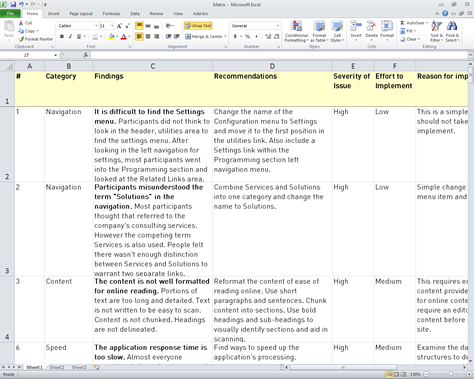
Briefly summarize the project and its objectives This will help you identify areas for improvement and give you some insight into what went well. Some questions you may want to ask include: Begin by asking everyone to briefly share their thoughts on the project, and then move on to discussing specific elements of the project. This gives everyone a chance to debrief and discuss the project, and it helps you identify any lessons learned.Ī post-mortem meeting should be structured and focused. Arrange a post-mortemīefore you begin writing your closure report, it’s important to arrange a post-mortem meeting with your team. Let’s dig into these in a little more detail… 1. Make recommendations for future projects.Discuss any lessons learned during the project.Describe what the team accomplished during the project.Briefly summarize the project and its objectives.Here are the steps you’ll need to follow: Writing a closure report is relatively straightforward. This can be helpful in documenting the results of specific milestones, and it’ll be easier to create a final report at the project’s end. If you’re working on a large project, consider creating interim closure reports.
PROJECT FINDINGS AND RECOMMENDATIONS REPORT ARCHIVE
Top tip: use a project management tool that lets you archive files to avoid this happening! It’ll also make it easier to track down any documentation you need before it’s filed away, deleted, or lost. This helps you keep all the relevant information fresh in your mind. Ideally, you should begin work on your closure report as soon as you’ve completed the project. Offboarding documentation for any project-specific contractors or freelancers.Confirmation of transfers of any resources/items.A folder(s) containing all project documents and communications.A performance review for all sections of the project.


If you don’t have a closure report, it can be difficult to track the results of your project. What happens if you don’t have a closure report? It shows your client or sponsor that you’re taking the time to assess team performance and you’re committed to continuous improvement. By taking the time to create this handy little document, you can ensure that future projects are even more successful than previous ones.įinally, a closure report is a way of formally wrapping up a project. A description of the team’s accomplishmentsĪ closure report is helpful for future projects, as you can refer back to previous reports to see what worked well and what didn’t.Įvaluating your results also encourages you to reflect on the project and identify areas that are ripe for improvement.A brief project overview, including objectives and goals.Closure reports are typically created at the end of a project, but you can also use them to summarize the results of interim project milestones.Ī project closure report typically includes the following information: It includes the team’s accomplishments, lessons learned, and recommendations for improving upon future projects.

What is a project closure report?Ī project closure report is a document that summarizes the results of a project. So, let’s take a look at what a closure report is and what you should include in it. Endings are your last chance to make an impression and drive home what you want your audience to remember.Īs a project manager, you know that closing a project is just as important as starting it, and a well-crafted project closure report can help you do just that. It can also be a valuable resource for future projects and help your team and stakeholders feel positive about what you’ve accomplished together. A fireworks display that saves the best for last. An orchestra finishing a piece with fanfare. Consider the gymnast finishing their set with a showstopping move. But the fact is, they matter just as much as introductions.Įndings are important. We talk a lot about first impressions - but not so much is said about last impressions.


 0 kommentar(er)
0 kommentar(er)
